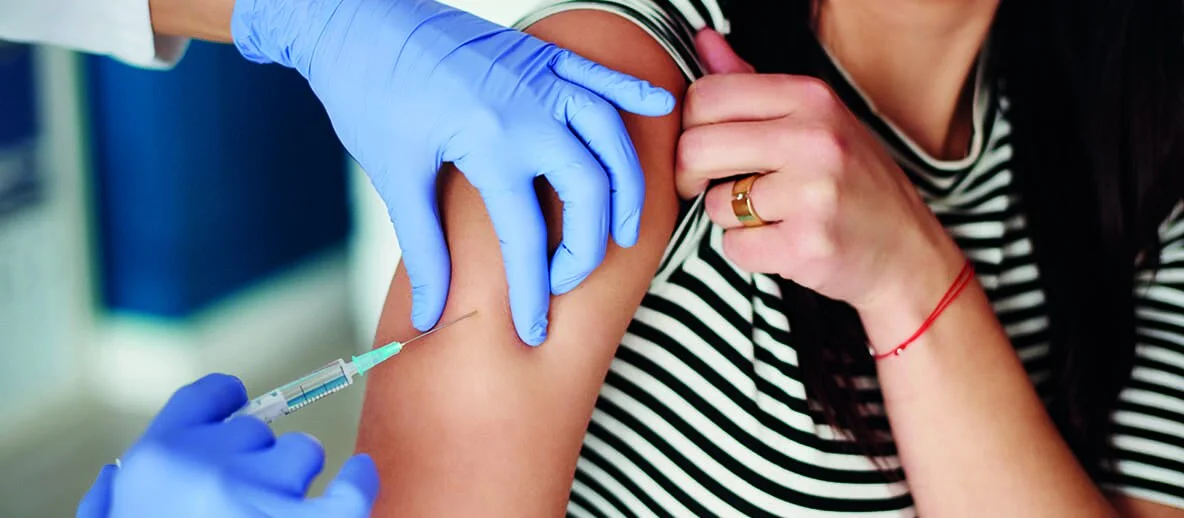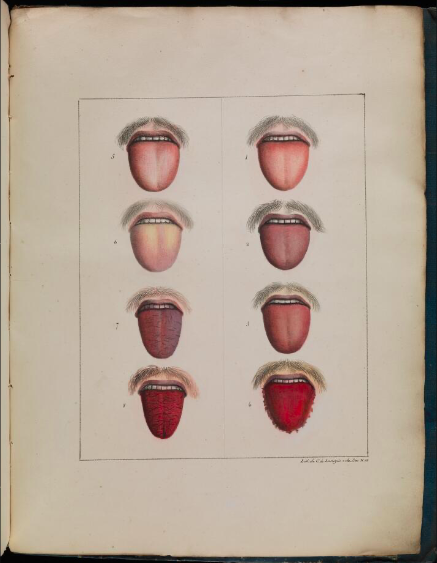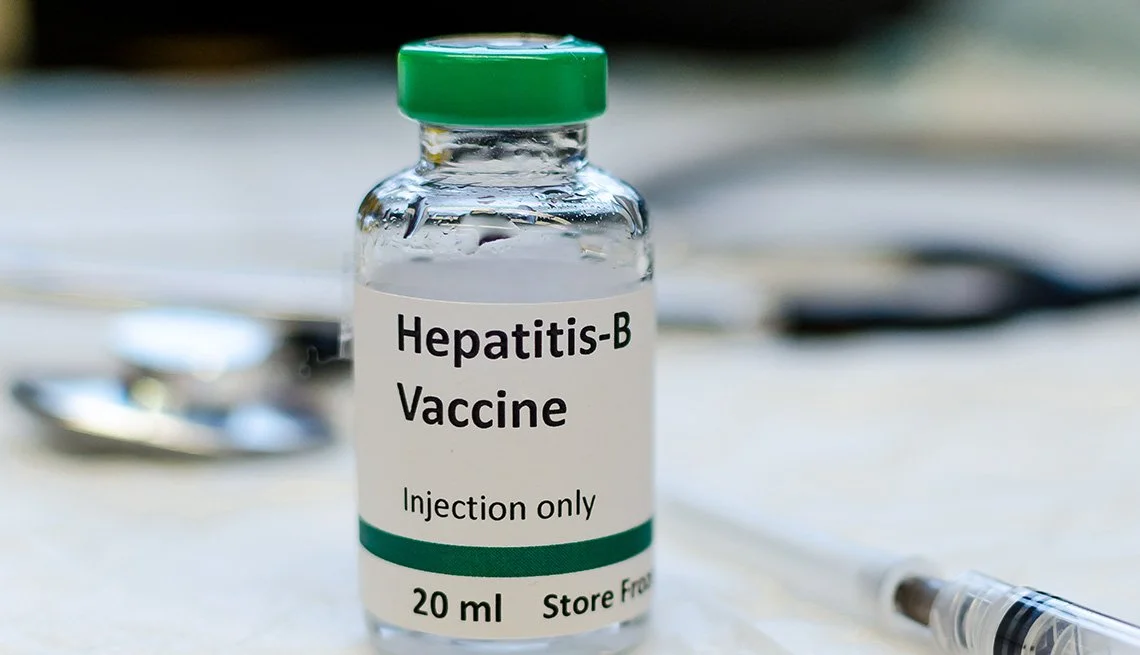Travel Vaccinations
It almost seems too good to be true; we can travel again! Where are you hoping to travel to? Will you stay in Ireland sustaining the concept of staycations? Or will you go abroad? Are there relatives you have been waiting to visit? Or maybe your dream of travelling in Asia or South America is actually a realistic possibility now.
Wherever you are going this summer Vitalis Health can provide comprehensive travel health advice and travel vaccines to keep you safe and healthy while abroad. Not all travel vaccinations are available free on the NHS, even if they're recommended for travel to a certain area. https://vitalishealth.co.uk/travel-clinic
So please contact us to book your travel consultation.
In this blog post I look at some of the main diseases that the vaccines protect you against such as malaria, hepatitis A and B, yellow fever and tetanus.
When you travel abroad, you often need additional vaccinations to protect yourself from infections which pose a threat in other parts of the world. Even if you’re feeling on top form, there’s still a risk of catching something whether it’s from food, water, insects or animals. Each place whether that be in Africa, East Asia, middle Asia, Australasia and Pacific, Caribbean, South America, Central America, Europe, Middle East, North America, will have slightly different requirements. Check out https://www.fitfortravel.nhs.uk/advice to check what is needed.
There are a few simple rules that may help you to decide if you may need a further vaccination or not. The rules are that if we are travelling to Australasia, North America and Europe we do not need vaccinations. Some Caribbean islands and some parts of South America do require vaccinations. Africa, India and many parts of South East Asia and the islands of the Indian Ocean will undoubtedly require important vaccinations. The closer to the equator that you travel, and the more off the beaten track that you go, the more likely you are to need some sort of travel vaccination or preventive treatment. Infections may come from insects biting us, from what we eat or drink being infected or having some sort of infestation, or from animals and poor hygiene in certain areas.
It is important to stress that there is no 100% guarantee with any vaccination, but they should protect us by encouraging our body to produce protective antibodies to these various serious illnesses.
Vaccination certificates are sometimes required when travelling as proof that you are protected against specific diseases.
The meningitis, polio and yellow fever certificates are some of the most commonly used.
Vaccination certificates give details of the diseases you have been vaccinated against. They are also known as an International Certificate of Vaccination or Prophylaxis or ICVP. Countries can deny you entry without a vaccination certificate, so find out which countries require them.
What is a vaccine?
A vaccine is a certain type of medicine that trains the body’s immune system so that it can fight a disease it has not come into contact with before. Vaccination is a preventative measure, rather than treatment for a disease once you have caught it. The vaccines that are designed to provide immunity against diseases found in other countries around the world are called travel vaccines.
Vaccines work by teaching your immune system to recognise certain viruses. After you receive a vaccine, your body will be more prepared to fight back. Vaccines help prevent or reduce the severity of the illness if you are exposed to the virus that causes the disease.
The science behind many types of vaccines has existed for decades. Many different techniques are used to make vaccines, and they each work in specific ways.
Malaria
The cause of Malaria is Plasmodium parasite. It is neither a virus nor a bacterium but a single celled parasite that multiples itself inside human red blood cells. The parasite can be spread to humans through the bites of infected mosquitoes.
Antimalarials
Antimalarials are tablets taken before you travel to reduce the risk of malaria infection. It is a preventative measure.
Malaria Facts
1. Malaria is a deadly disease transmitted by mosquito bite. Though it is both preventable and curable.
2. There were an estimated 2019 million cases of malaria found in around 90 countries in the year 2017.
You can find more facts about malaria on World Health Organisation website.
Yellow Fever
Yellow fever vaccines are given to protect against the yellow fever disease. Yellow fever is a viral infection caused by the mosquito bite. Symptoms include fever, vomiting, nausea, muscle pain and headache and Yellow Fever can occasionally be fatal.
The vaccines provide immunity against it which needs to be given at least 10 days before traveling. It is given in injection form in the upper arm. The vaccine lasts for life. Some countries require a yellow fever vaccination certificate. Your certificate is provided to you by the travel clinic and becomes valid 10 days after the jab is administered.
Yellow Fever Vaccine side effects are rare. Normal side effects could include injection site soreness, pain and headache.
19th-century images depicting the development of yellow fever, Credit: Observations sur la fièvre jaune, faites à Cadix, en 1819 / par MM. Pariset et Mazet ... et rédigées par M. Pariset.
Image courtesy of the Wellcome Collection https://wellcomecollection.org/works/bc7nws74
Hepatitis A
Hepatitis A vaccine is recommended for travellers to provide immunity for Hepatitis A disease. The disease is caused by virus and it infects human liver. It spreads through faeces of infected human beings. It is common in parts of the world where sanitation is poor.
Hep A can turn fatal in the case of liver failure, however, it is mostly not so serious and most patients make full recovery within a few months.
The symptoms normally appear a month after being infected. Symptoms include tiredness, feeling off-colour, fever, joint and muscle pain, lack of appetite, nausea, itchy skin, urine darkness, pale looking stools, skin and eye white turning yellow.
Hepatitis A vaccine side effects
Occasionally, the injection spot can turn sore, red and can get hard but only for a short time. Sometimes even a lump can appear which is not painful and disappears on its own. Very rare side effects could be feeling of tiredness, not well feeling, headache, lack of appetite and nausea.
Risk is higher where personal hygiene and sanitation is poor.
Risk is highest for those with underlying medical conditions where there is increased risk of severe disease e.g. chronic liver/kidney disease; haemophiliacs; men who have sex with men; people who inject drugs.
Hepatitis B:
spread through infected blood and blood products, contaminated needles and medical instruments and sexual intercourse.
Risk is higher for long stays, frequent travel and for children (exposed through cuts and scratches), those who may require medical treatment during travel.
Risk is highest for those with underlying medical conditions where there is increased risk of severe disease e.g. chronic liver/kidney disease; haemophiliacs; men who have sex with men; people who change partners frequently; people who inject drugs.
Diphtheria
Diptheria spreads from person to person through respiratory droplets. Risk is higher if mixing with locals in poor, overcrowded living conditions.
Tetanus
Tetanus is spread through contamination of cuts, burns and wounds with tetanus spores. Spores are found in soil worldwide. A total of 5 doses of tetanus vaccine are recommended for life in the UK. Boosters are usually recommended in a country or situation where the correct treatment of an injury may not be readily available.
Tetanus, also known as lockjaw, is a bacterial infection caused by Clostridium tetani, and is characterized by muscle spasms. In the most common type, the spasms begin in the jaw and then progress to the rest of the body. Other symptoms of tetanus may include fever, sweating, headache, trouble swallowing, high blood pressure, and a fast heart rate. Onset of symptoms is typically three to twenty-one days following infection. Recovery may take months. About ten percent of cases prove to be fatal.
Tetanus occurs in all parts of the world but is most frequent in hot and wet climates where the soil has a high organic content.
TETANUS (LOCKJAW) VICTIM. THE CONTRACTED BODY OF SOLDIER SUFFERING FROM TETANUS. ENGRAVING FROM PAINTING BY CHARLES BELL, 1809.
Book now with Vitalis Health for your travel vaccinations, malaria tablets prescription. We provide a full health travel clinic where we will tailor to your specific travelling needs.








